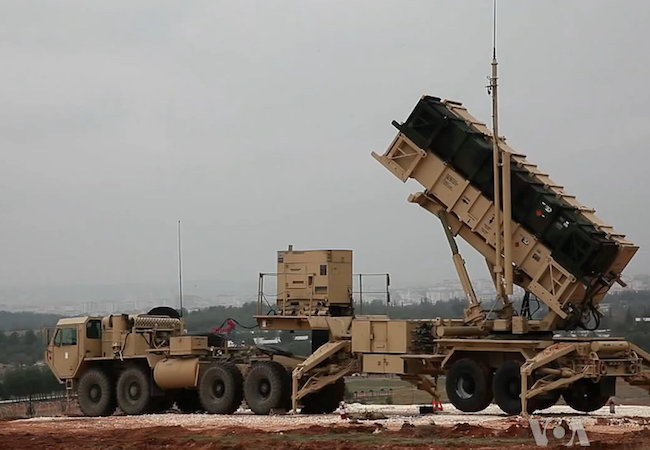Stabilizing Syria

By Rene Wadlow
In many ways it is difficult to imagine how the armed conflicts in Syria and Iraq could get more complicated, more deadly to civilians, and more open to external States. A broader war could be one mis-calculation away.
Yet reality is stronger than imagination, and 2018 has begun with ever-greater complications. 2018 started off with the failure of Russian-led peace negotiations, with the stagnation of Geneva-based U.N.-led negotiations, with the U.N. Security Council blocked, and increased violence on the ground.
The longer an armed conflict goes on, the more likely are external forces ready to intervene to advance their own interests and to block the interests of other States. Without much imagination, we all could have done without increased tensions between Israel and Iran on Syrian soil and without Turkish troops attacking Kurds. We could have done without Islamic State (ISIS) fighters withdrawing from Iraq and Syria to go to Afghanistan and the Sinai Peninsula of Egypt to continue to carry out their destructive actions. We could have done without the increased use of banned chemical weapons in Syria. We probably could have done without a sizable increase in the budget of the Pentagon or suggestions that more usable nuclear-weapons should be developed.
However, all the things that we could have done without because the situation was already complicated enough without them have, alas, taken place and may increase rather than diminish.
For the moment, U.N. efforts seem to be at a standstill although the U.N. High Commissioner for Refugees in a recent visit to refugees in Jordan stated the obvious that increased fighting will create even more refugees. He also mentioned that international relief supplies can not reach people in need unless there were at least a temporary truce to allow a safe access for relief workers.
The question is now “Are there measures which can be taken in the short run to lessen the hardships of people and in the longer run to increase the chances of negotiations in good faith so that common interests could be found?” A follow up question is “Can non-governmental representatives play any useful role as avenues of communication or mediators?”
There is a short-term need for ceasefires and the possible creation of “de-escalation zones” so that relief and humanitarian aid can reach populations in danger. This can probably be done through the U.N. agencies concerned and the International Committee of the Red Cross. It is the longer-range more political compromises which are harder to negotiate.
It is likely that it is the Russian diplomatic services which hold the Syria stabilization cards in their hands. Much will depend on the vision, skills and will of the Russians to facilitate negotiations in which they will not receive all the rewards. The Russians are the only people with some influence with – but not control over – Iran, Syria, Turkey, through Iran to Hizbollah, and with increased contacts with Israel. The recent Russian-led peace negotiation lacked the participation of many of the opposition elements to the Bashar al-Assad regime and the Kurdish groups. The Russian task is to assure that a broader segment of opposition groups such as those involved in the Geneva negotiations are present in a future meeting as well as the Kurds without Turkey refusing to have the Kurds there.
The difficulties facing the Russian-led efforts are evident. Much will depend on discrete contacts before another formal public meeting is held. This is an area where non-governmental representatives might play a role. During the Cold War years, the Soviet Union could count on the staff of the World Peace Council, the Soviet Peace Committee and the different geographic institutes of the Academy of Science for skilled non-official representatives to “test the ice”, to float some ideas, to sound out the views of others. This was often done in Geneva, and I often had discussions with these non-official representatives. These networks fell apart with the end of the Soviet Union, and I am not sure today on what channels the Russian Federation uses. Efforts need to be undertaken soon as the storm clouds keep getting darker.




